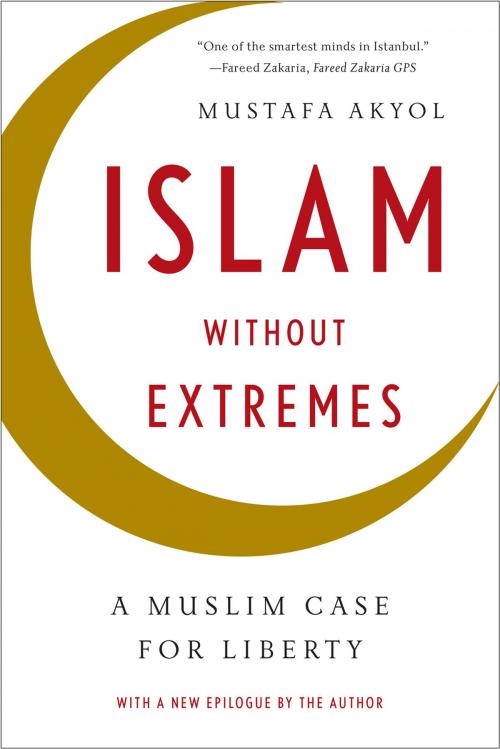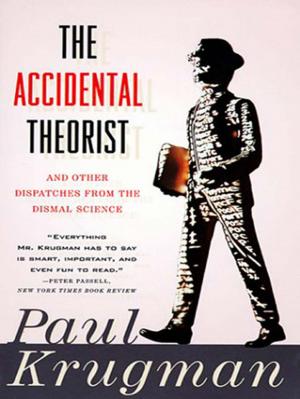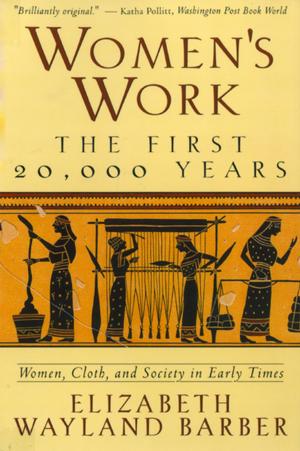Islam without Extremes: A Muslim Case for Liberty
Nonfiction, Religion & Spirituality, Middle East Religions, Islam| Author: | Mustafa Akyol | ISBN: | 9780393081978 |
| Publisher: | W. W. Norton & Company | Publication: | July 18, 2011 |
| Imprint: | W. W. Norton & Company | Language: | English |
| Author: | Mustafa Akyol |
| ISBN: | 9780393081978 |
| Publisher: | W. W. Norton & Company |
| Publication: | July 18, 2011 |
| Imprint: | W. W. Norton & Company |
| Language: | English |
A provocative manifesto for an interpretation of Islam that synthesizes liberal ideas and respect for the Islamic tradition.
From furious reactions to the cartoons of Prophet Muhammad to the suppression of women, news from the Muslim world begs the question: is Islam incompatible with freedom? With an eye sympathetic to Western liberalism and Islamic theology, Mustafa Akyol traces the ideological and historical roots of political Islam. The years following Muhammad's passing in 632 AD saw an intellectual "war of ideas" rage between rationalist, flexible schools of Islam and the more dogmatic, rigid ones. The traditionalist school won out, fostering perceptions of Islam as antithetical to modernity. However, through his careful reexamination of the currents of Muslim thought, Akyol discovers a flourishing of liberalism in the nineteenth-century Ottoman Empire and the unique "Islamo-liberal synthesis" of present-day Turkey. Only by accepting a secular state, he powerfully asserts, can Islamic societies thrive. Persuasive and inspiring, Islam without Extremes offers a desperately needed intellectual basis for the reconcilability of Islam and religious, political, economic, and social freedoms.
A provocative manifesto for an interpretation of Islam that synthesizes liberal ideas and respect for the Islamic tradition.
From furious reactions to the cartoons of Prophet Muhammad to the suppression of women, news from the Muslim world begs the question: is Islam incompatible with freedom? With an eye sympathetic to Western liberalism and Islamic theology, Mustafa Akyol traces the ideological and historical roots of political Islam. The years following Muhammad's passing in 632 AD saw an intellectual "war of ideas" rage between rationalist, flexible schools of Islam and the more dogmatic, rigid ones. The traditionalist school won out, fostering perceptions of Islam as antithetical to modernity. However, through his careful reexamination of the currents of Muslim thought, Akyol discovers a flourishing of liberalism in the nineteenth-century Ottoman Empire and the unique "Islamo-liberal synthesis" of present-day Turkey. Only by accepting a secular state, he powerfully asserts, can Islamic societies thrive. Persuasive and inspiring, Islam without Extremes offers a desperately needed intellectual basis for the reconcilability of Islam and religious, political, economic, and social freedoms.















